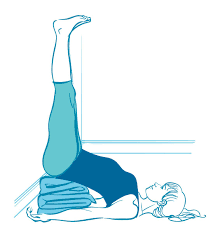Not exactly the same circumstances as the thread title, but far worse...
I competed in South Africa back in the day, Apartheid was still in effect. We were part of a team of fighters, five of our guys were black. Our black guys were all celebrated there, because we were from the USA. I found that very odd.
We found out that black people down there were not allowed to study any Martial Arts, not only could they not afford it, they were not allowed to.....period.
Some of our guys found out that some of them had been training in secret for years. They agreed to take some of us to where they trained. They liked us because we treated them the same way as we treated everybody else. We drove a couple of hours into the middle of nowhere, to a ramshackle place where they trained in secret. We taught them as much as we could in the time allowed. We wanted to give them all of our equipment, even our gis, they trained in their street clothes - our competition was over - they wouldn't take anything because it might be used latter as evidence against them.
It was a very odd experience.

